Urothelial Carcinoma
Advertisement
Researchers find promise in Gem/Doce as an alternative therapy for patients with NMIBC recurrence after BCG induction.
Drs. Packiam and Yerram conclude with an AI-powered pathology tool designed to predict response to BCG in NMIBC.
Drs. Packiam and Yerram shift focus to SunRISe-1 Cohort 4, which examined BCG-unresponsive papillary disease.
Drs. Packiam and Yerram contextualize recent data from the CREST trial, which evaluated sasanlimab with BCG for HR NMIBC.
Drs. Packiam and Yerram focus on how agents like gem/doce, pembro, nadofaragene, cretostimogene, and TAR-200 are used.
Drs. Packiam and Yerram discuss TAR-200 and the ongoing SunRISe-3 trial exploring its effectiveness amid BCG shortages.
Drs. Packiam and Yerram discuss the emergence of gem/doce as a promising alternative to BCG.
The panel concludes with a candid discussion about the most urgent changes that could improve cancer care today.
The panel explores the importance of introducing palliative care discussions earlier in the treatment journey.
The panel explores the overlooked burden of financial toxicity and proactively raising the topic with patients.
The panel explores how clinicians can build trust with patients from diverse backgrounds and ensure care is patient-centered.
The panel explores how clinicians can introduce clinical trial options while maintaining trust in the face of uncertainty.
The panel explores the emotional weight of a cancer diagnosis and the importance of empathetic communication.
These findings highlight the need for continued development and refinement of standardized HER2 testing methods.
Avelumab plus sacituzumab govitecan may improve PFS in patients with advanced bladder cancer.
Although research into urine- and image-based alternatives continues, there is no established replacement for cystoscopy.
The study’s major efficacy outcomes included a complete response in 78% of patients.
The Two Onc Docs weigh IO for BCG-refractory NMIBC, ctDNA monitoring for patients receiving gem/cis for MIBC, and more.
Drs. Necchi and Tawagi break down in detail the first results of SURE-02 in patients with muscle-invasive bladder cancer.
Dr. Faltas highlights CLONEVO, a trial using preoperative abemaciclib in cisplatin-ineligible MIBC with ctDNA monitoring.
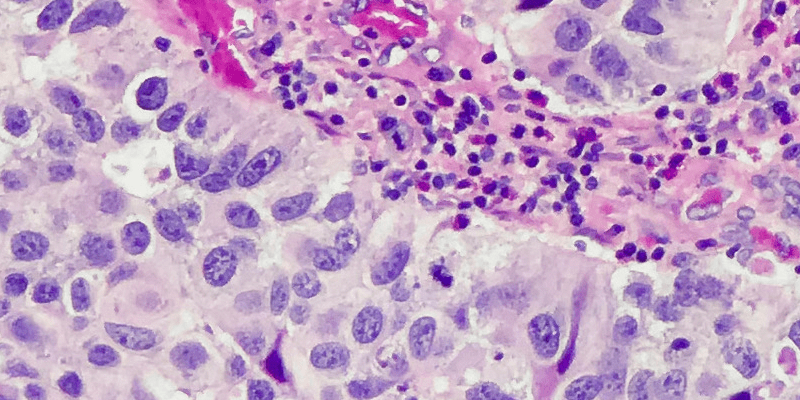


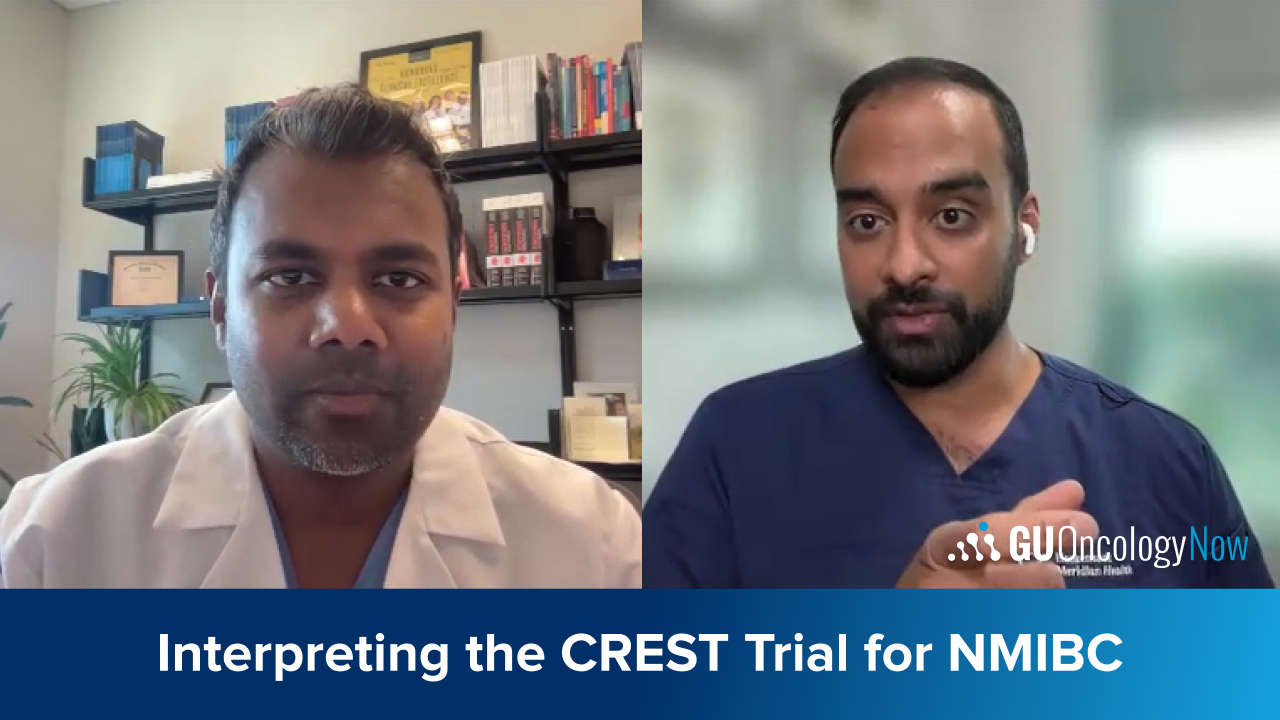
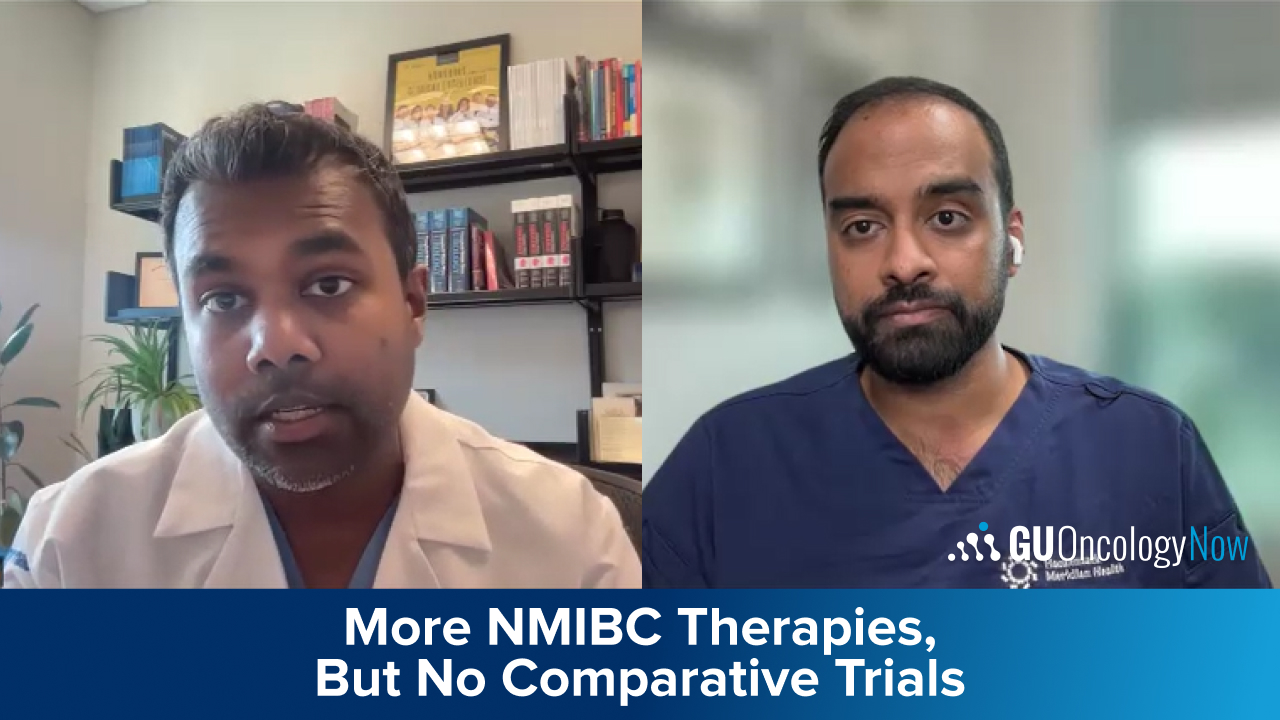


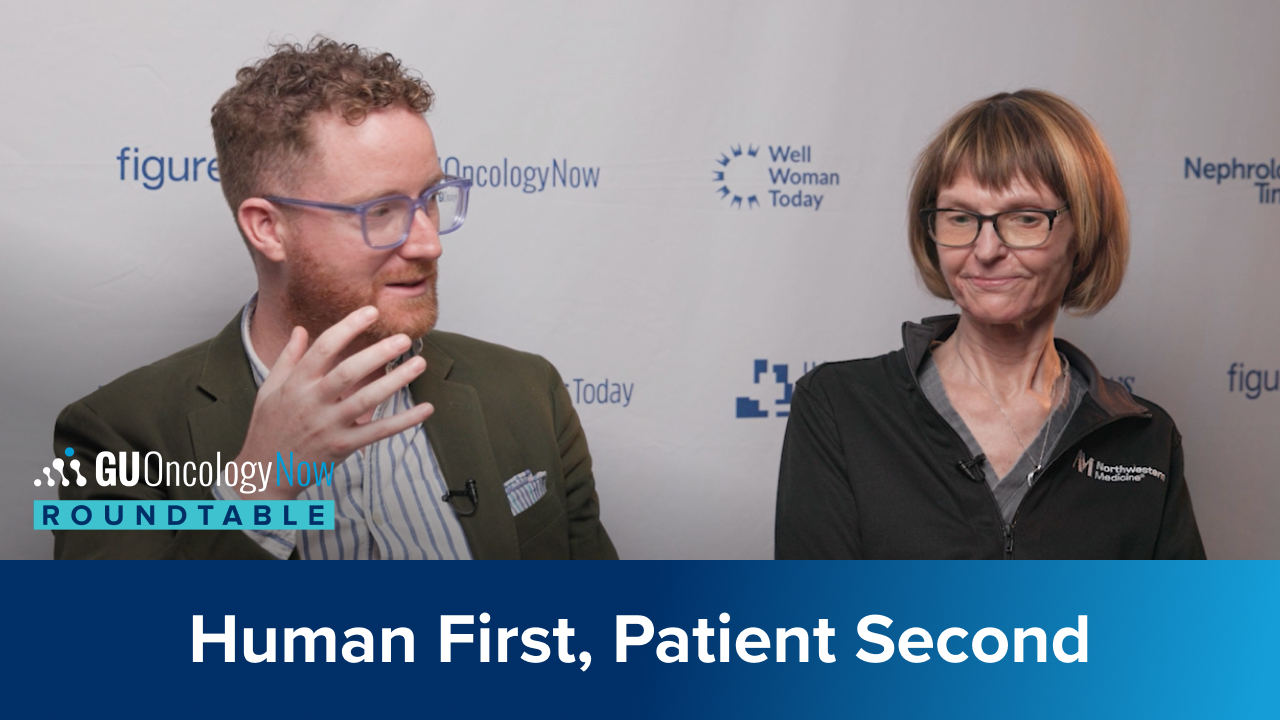
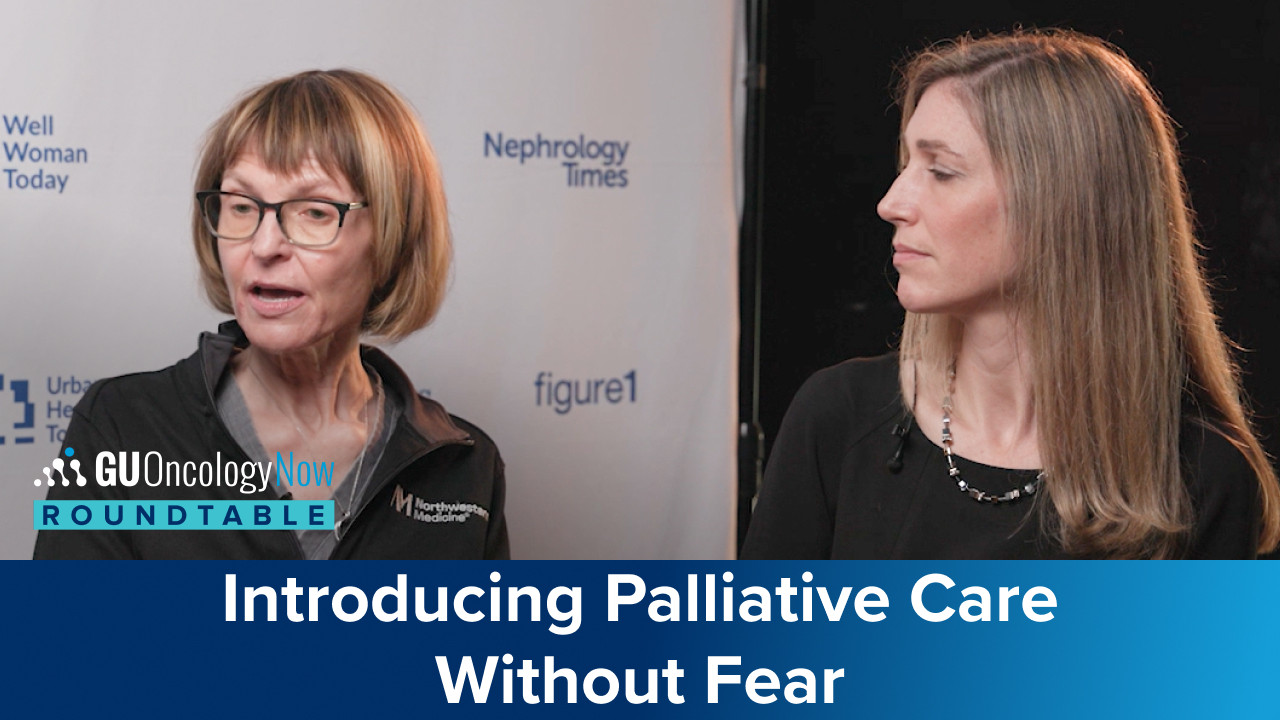
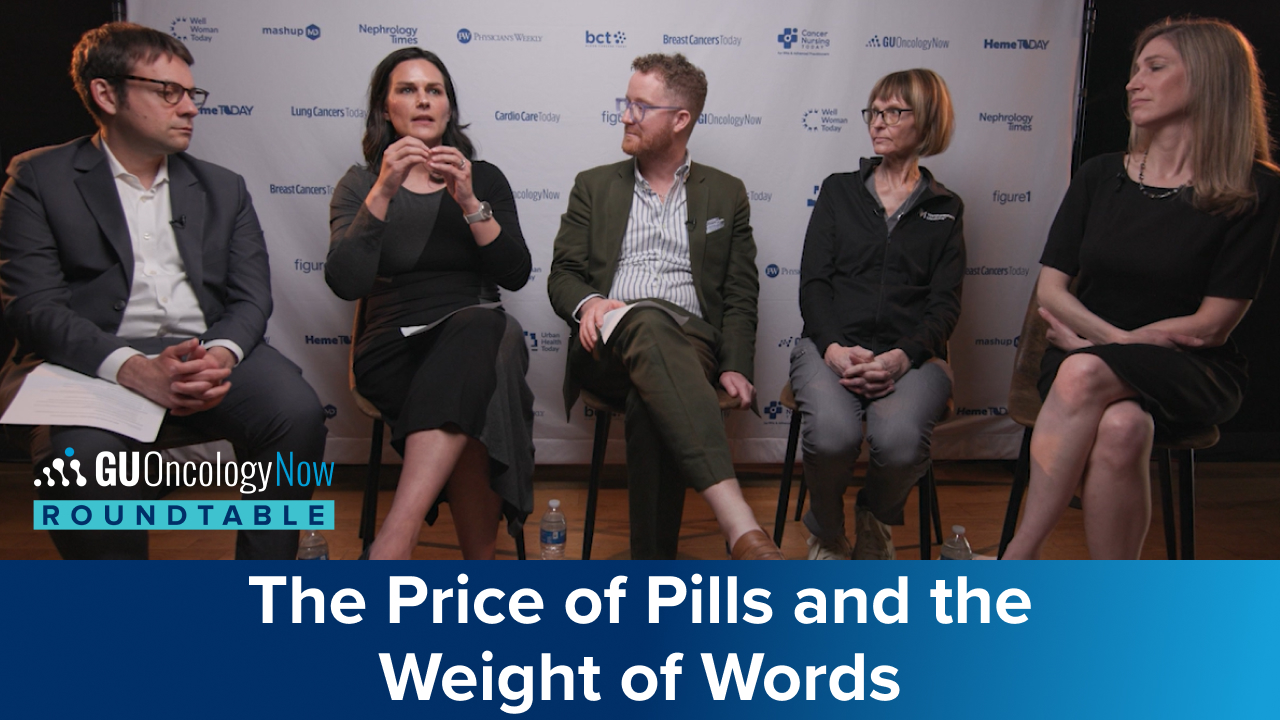
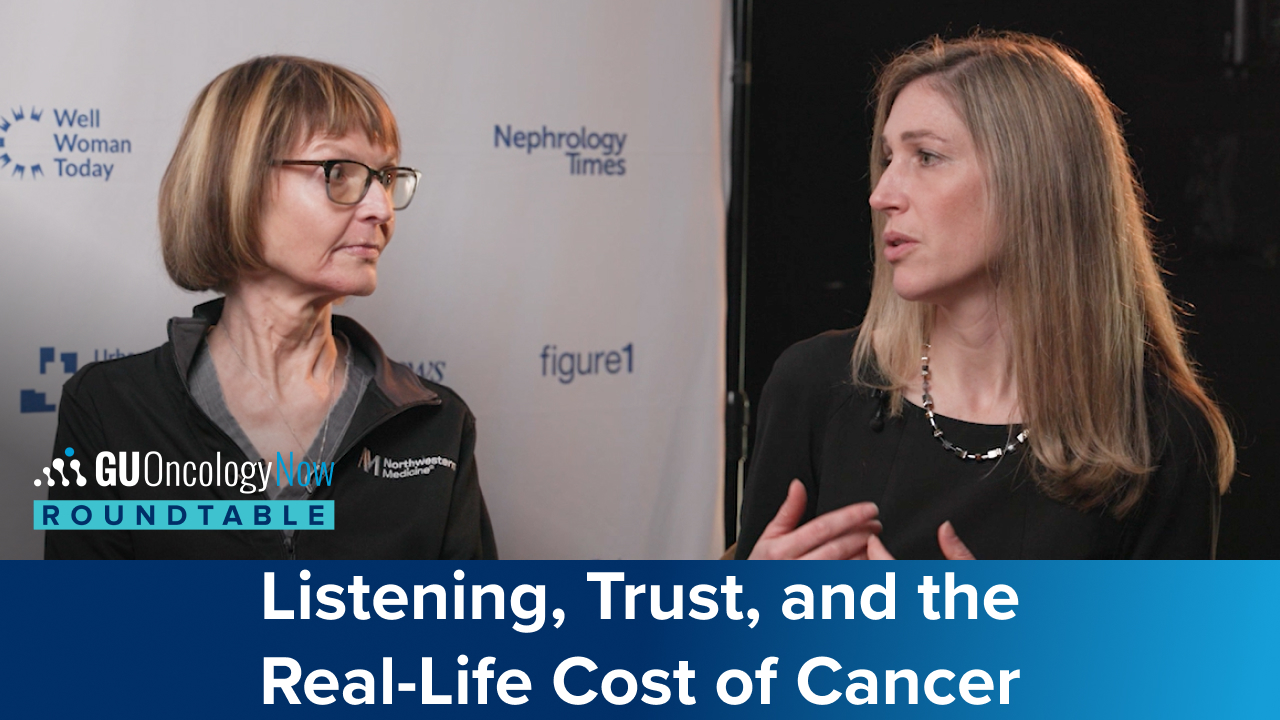
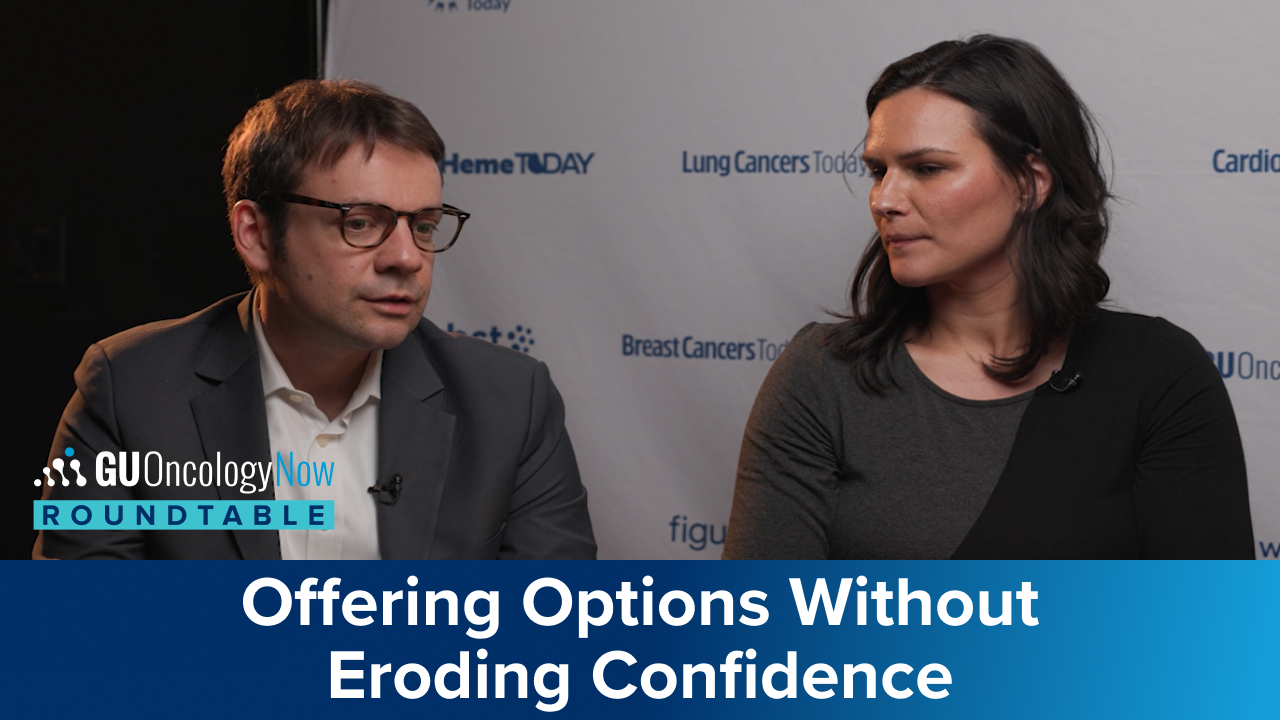
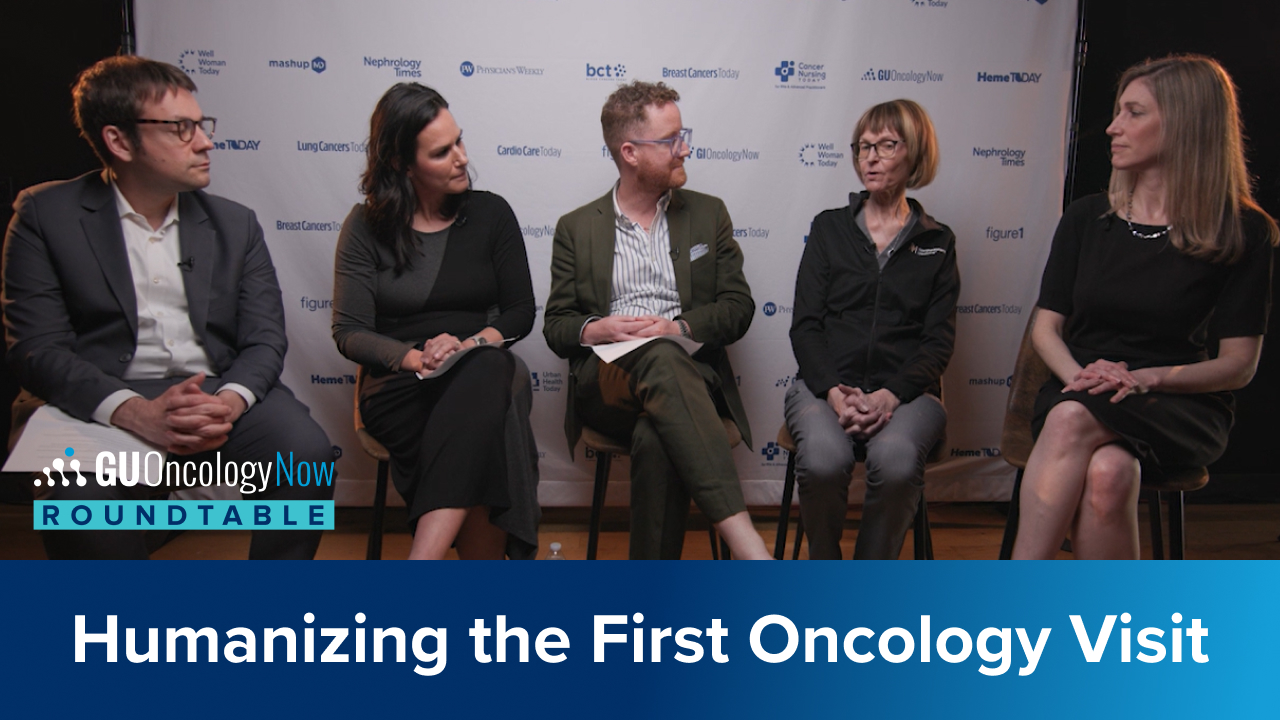

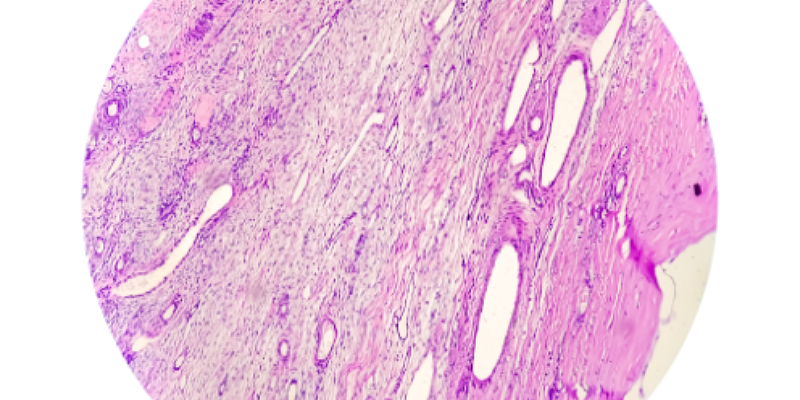

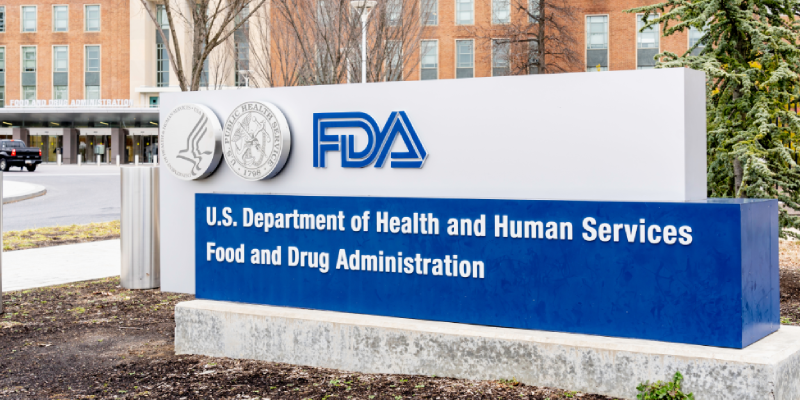
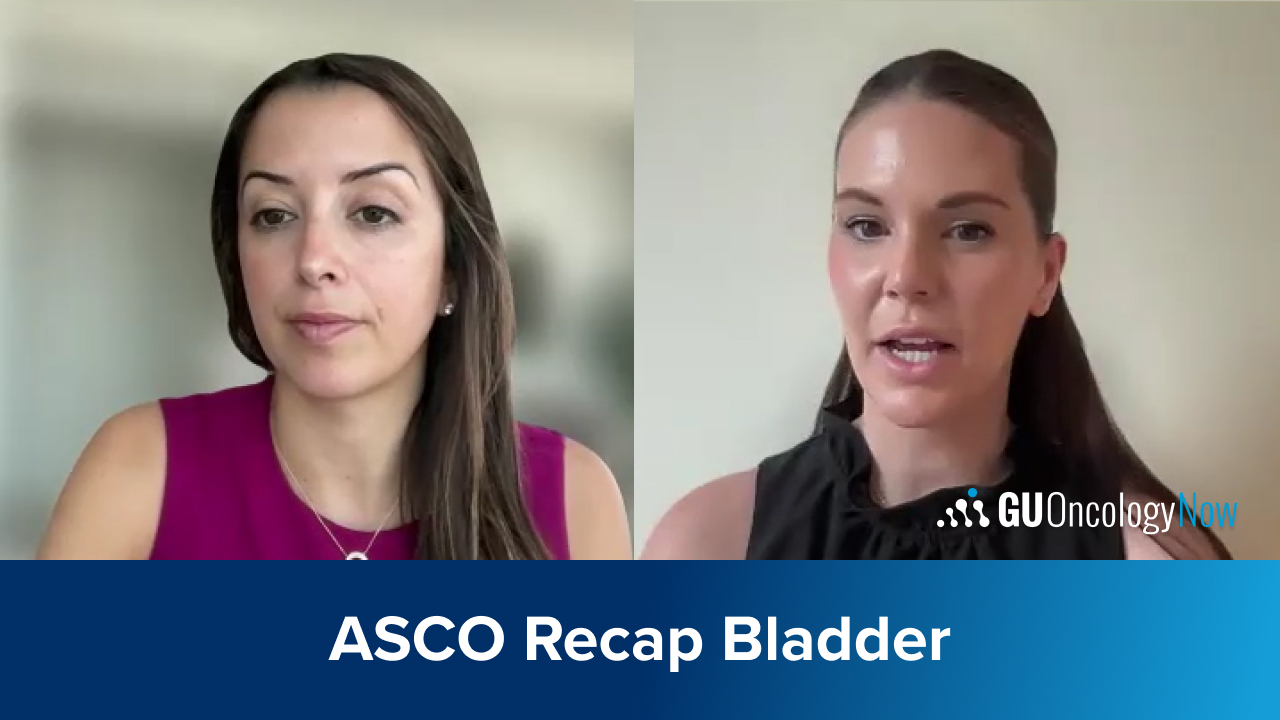
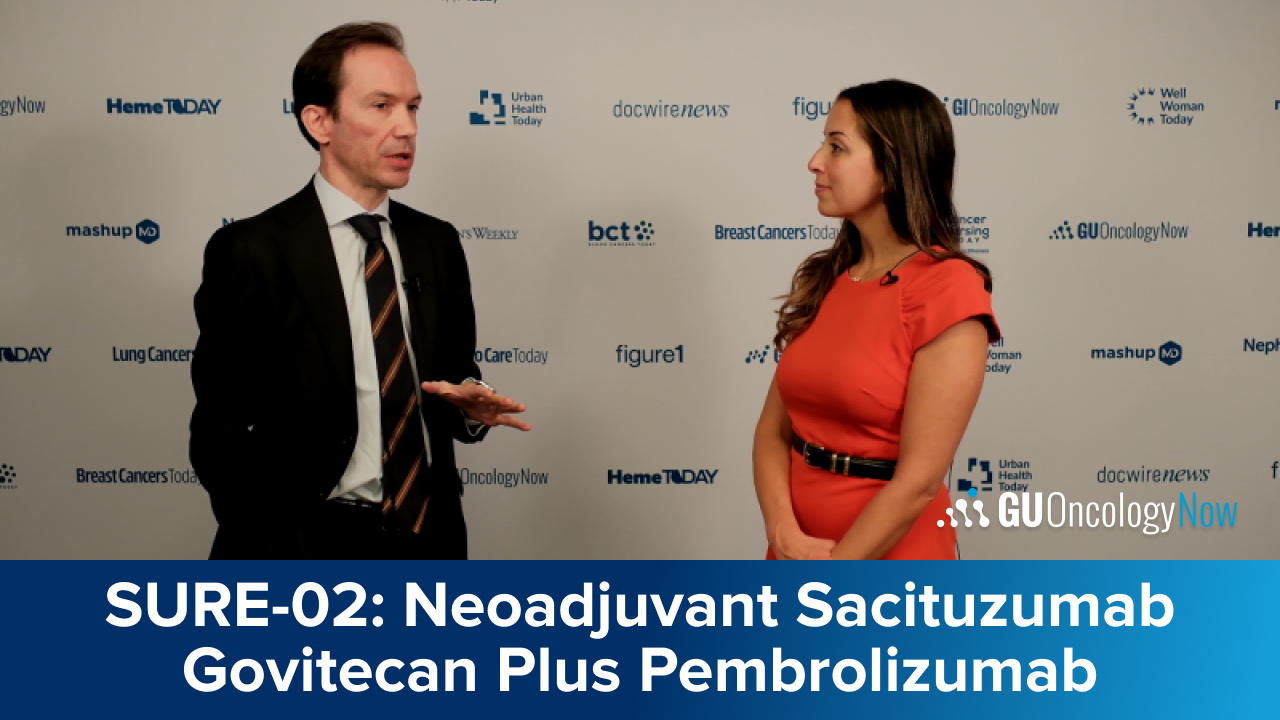
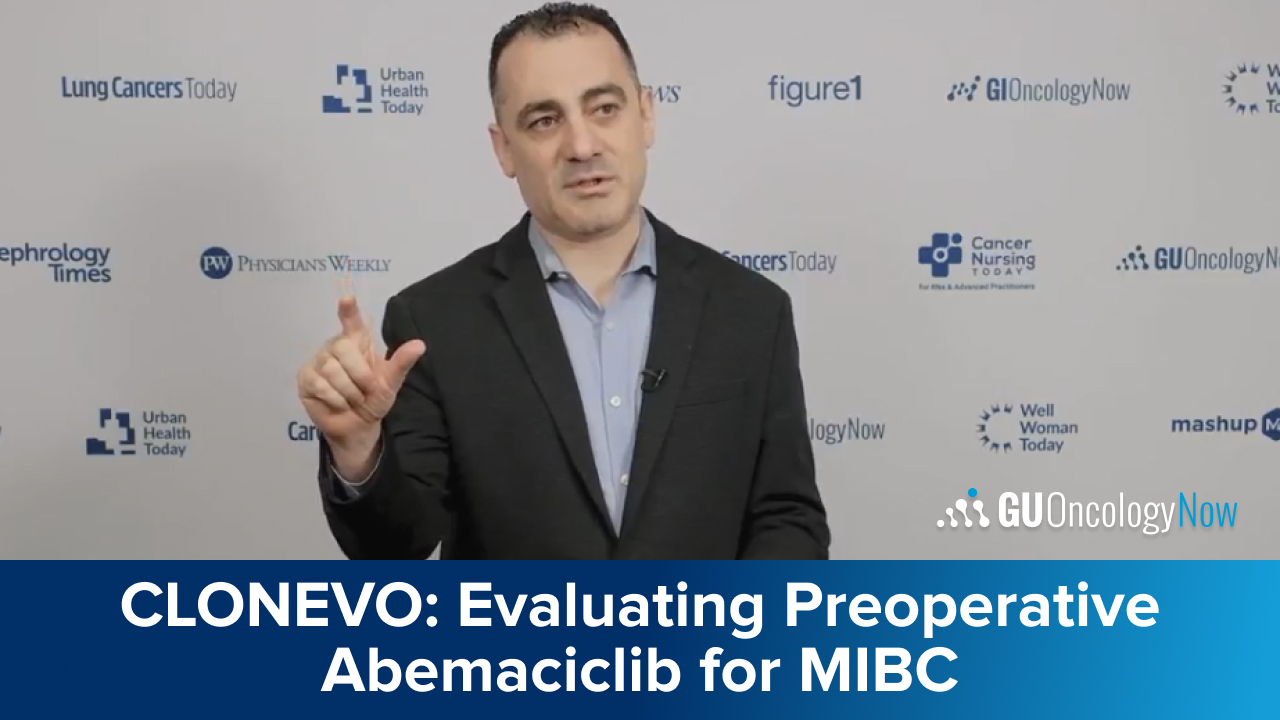

 © 2025 Mashup Media, LLC, a Formedics Property. All Rights Reserved.
© 2025 Mashup Media, LLC, a Formedics Property. All Rights Reserved.